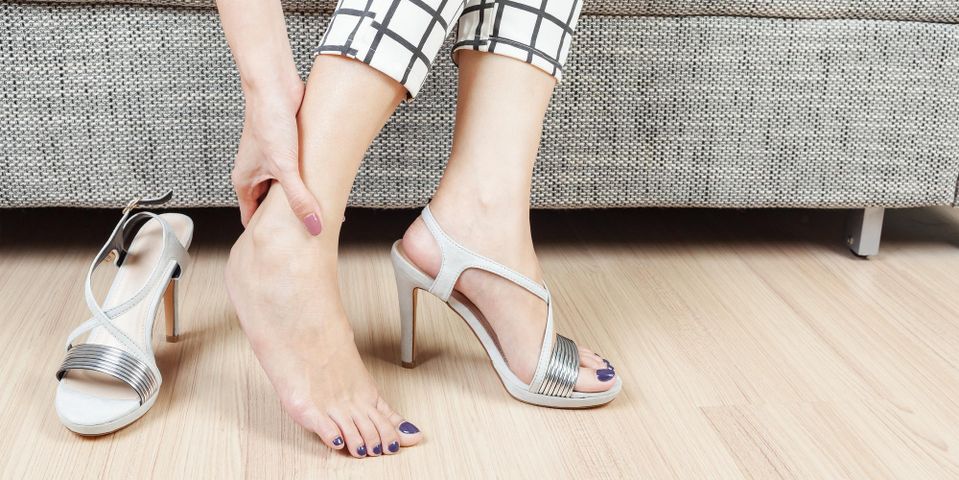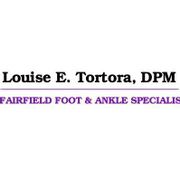
When tendons—which are cords of tissue that attach the bone to the muscle—become inflamed, tendinitis can occur. This condition can happen anywhere in the body where there are tendons, but it often affects the feet, which results in heel pain. Below are several common questions about this condition.
Frequently Asked Questions About Tendinitis
What causes tendinitis?
Repetitive motion is a leading cause of this condition. Making the same movements over time can damage the tendons, leading to pain and discomfort in the affected area. While not as common, this condition can also be caused by an injury. Those who are often on their feet—whether for work or sports—often develop this condition.
What are the symptoms?
 The most common symptom is pain in the affected area. Not only will the tendon itself be impacted, but the surrounding tissue may also be painful. This is often the case with heel pain caused by tendinitis in the feet. Pain may worsen gradually, or it can occur suddenly. If you rub your heel and the area feels tender to the touch, you may have the condition.
The most common symptom is pain in the affected area. Not only will the tendon itself be impacted, but the surrounding tissue may also be painful. This is often the case with heel pain caused by tendinitis in the feet. Pain may worsen gradually, or it can occur suddenly. If you rub your heel and the area feels tender to the touch, you may have the condition.
Can it be prevented?
If you work at a job where repetitive motion is a common occurrence, try to take breaks every 30 minutes or so. Also, try to keep proper positioning when lifting or performing other maneuvers. If you play sports, make sure you warm up properly before getting started. When it comes to footwear, make sure your shoes fit well. If your heel pain persists, invest in gel or cotton pads to support the bone and relieve stress. This could prevent the area from worsening over time.
Are there treatments available?
Rest, ice, and over-the-counter inflammatory medications usually offer relief for mild cases of tendinitis. If the pain is more severe, you may need corticosteroid injections. Physical therapy can also be beneficial, to both decrease pain and increase the range of motion. When all other treatments fail, surgery may be recommended.
In Fairfield, CT, Louise E. Tortora, DPM can help determine the underlying cause of heel pain and find the best treatment option for your needs. Her services include diabetic foot care, custom orthotics, nail fungus treatment, and solutions for corns and callouses. She can also help her patients manage ankle sprains and even perform foot surgeries for more serious issues. Call (203) 254-0093 to schedule an appointment or visit her website for more information about her heel pain treatments.
About the Business
Have a question? Ask the experts!
Send your question

